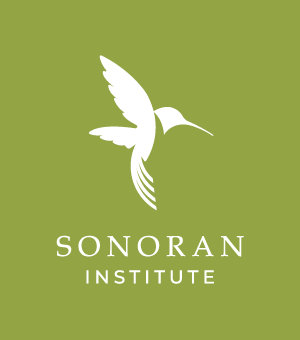In August 2022, five of the largest water providers in the Colorado River Basin signed onto a Memorandum of Understanding outlining their commitments to water conservation, efficiency, and reuse in response to intensifying drought and reduced water supplies. More than two dozen local jurisdictions and water providers supplying more than 33 million residents (more than 80% of the population of the Colorado River Basin) have subsequently signed on to the MOU, and this number will likely continue to grow.
The MOU is a positive development. As the locus of future demand for water, the basin’s cities, towns, and counties must demonstrate that they are doing their part to conserve water, particularly if agriculture, which currently uses the lion’s share of water in the basin, is being asked to make significant cuts in their use.
Sonoran Institute recently submitted a letter to Commissioner Touton at the US Bureau of Reclamation applauding the development of the MOU. The Bureau is spearheading basin-wide efforts to respond to Colorado River shortages and the MOU was originally forward to her to underscore that the basin’s cities, towns, and counties are doing their part.
Our letter also noted that, through our Growing Water Smart Program, Sonoran Institute is already helping communities in the basin reduce their water demand through the integration of water supply and land use planning. To date, we have worked with 78 communities in Arizona and Colorado and are preparing to launch Growing Water Smart in California and along the US-Mexico border.
Growing Water Smart is designed to convey lessons learned and best practices around water conservation, efficiency, reuse, and nature-based stormwater management that apply to most communities across the basin. With the necessary resources, it can be scaled up and/or modified to meet the varied water demand challenges facing basin communities.
Of particular interest, as we look ahead, is the need for communities across the basin to adopt a consistent and transparent approach to demonstrating and communicating their water savings. Sonoran Institute is currently working with four Colorado communities to adopt Growing Water Smart metrics. While a bottom-up approach allows these metrics to be tailored to reflect local priorities, there is a strong need for leadership and guidance at the federal and state level in terms of goal setting and monitoring around municipal water demand that reflects the new realities of reduced Colorado River water flows.
Our thanks to the MOU signatories for recognizing they have a role to play in balancing the supply and demand of Colorado River water and taking steps necessary to do their part in maintaining a functioning and healthy river system. Sonoran Institute looks forward to working with them in the future.
Written by John Shepard
